The Drama department’s history of productions over the last few years, as catalogued by their show’s posters. Photo by Kiran D’Souza.
Although drama produces several productions over the course of the year to showcase the extent of students’ acting abilities, the Playwriting Project gives Drama students the chance to show off their scripting abilities as well.
Students undergo an intense drafting process for around a week before performing their original ten minute shows in front of their peers in the PAC. This year’s five plays focused on the often comedic, yet strained relationships between students, their parents and each other in high school and college settings.
“The Five Stages of Tom” by Asher O’Briant
The night’s festivities began with Asher O’Briant’s “The Five Stages of Tom,” which takes a look at the impact of the titular character’s suicide on his friends and roommates. O’Briant described how he wanted to write a play that dealt with mental health problems in a less taboo manner without downplaying their severity, and it does a fine job of accomplishing that admittedly lofty goal.
The scenes came together in a way that felt seamless, thanks in part to O’Briant’s tone-setting music choice during transitions and humanizing performances from the cast; Jeff Parkinson and Josh Tanzer both gave an earnest effort to their portrayals that lends immediate credibility to the more absurd scenarios that pepper the show, like when they takes Tom’s ashes to a college party.
Emotional highs and lows were dramatic: one minute the audience was laughing at the male leads’ romantic blunders, and at another the PAC was in dead silence as Tom’s ashes were emptied into the sea.
For the most part, O’Briant navigates these complex emotions skillfully, but I fear at times, the severity of certain moments creates awkward transitions between comedic and somber scenes. Nevertheless, “The Five Stages of Tom” was nothing short of a powerful introduction to kick off this year’s performances.
“That Star is Mine!” by Raymond Baez-Lopez
Immediately following was Raymond Baez-Lopez’s “That Star is Mine!,” a play diving into the paranoid social dynamics of a hospitalized college student who’s willing to do anything for fame. Inspired by a combination of Islander Girls drama and the popular-girl dynamics of movies like “Heathers” and “Mean Girls,” this play immediately sets itself apart from O’Briant before him.
At first, the plot threads seem to go in dissonant directions, opening with a girl having a breakdown in her room, flashing back to an apparently normal college student upset at the popular girls for taking “her” star.
But after the climax, where the heroine assaults the person who “stole” the star that deserved to be hers, the narrative of the play makes much more sense to the audience, who gains the necessary context to view the girl’s transitions as a character. It’s a clever narrative hook that succeeds in bringing the audience along for the ride.
However, if you’re like me and haven’t seen most of the material on which Baez-Lopez based his play, “That Star is Mine!” come off as a bit distant at times. However, the quality of the writing means it’s still a joy to watch in person.
“MAC XXX” by Maria Reyes
“MAC XXX” marks the halfway of the Playwriting Project with Maria Reyes’ ingenious adaptation of Shakespeare’s classic Scottish tragedy in a contemporary college setting. Macbeth, rewritten as “Mac,” gets reimagined as a college football quarterback, with a girlfriend aspiring to be prom queen and a teammate who he has to injure to become captain. His fortune isn’t revealed by witches, but rather by a trio of outcasts using a tarot card app on their phones. The deliberate choices in character representations in the show make it feel more dignified than a play written by a mere high schooler.
But what makes “MAC XXX” work is that it stands alone as play, without any knowledge the original work it references. Jack Hamilton’s portrayal of Mac is full of exaggerated confidence that makes the character lovably hateable, and quiet regret that generates sympathy for the unfortunate jock. The opening and closing monologues where Mac sits alone in the darkness with a single spotlight shining down upon him were among the most moving moments of the entire night.
Despite all this drama, it still presents itself as self-aware and down to Earth. Hard work from all aspects of this production come together to form something truly special.
“The Sweetest Treats” by Jack Swartz
On a lighter note, “The Sweetest Treats,” by Jack Swartz embraces comedy with the tale of a goofy high schooler trying to hide his “fun” brownies from his utterly oblivious parents. Drawing from anecdotes Swartz has overheard throughout high school, and input from his hilarious cast, this play was a fan favorite that had the audience laughing for the entire performance.
Hyperbolic dialogue and exaggerated performances combine to form scenarios general enough to appeal to any MIHS student in an unapologetically silly way. In some ways, this all-or-nothing approach to comedy sets “The Sweetest Treats” apart from its peers, but I can appreciate a play that knows what it is and runs with it. Jokes about unknowing parents coming dangerously close to finding drugs work better in the beginning than they do at the end.
“Parental Discretion is Advised” by Caroline Tanzer
Caroline Tanzer’s “Parental Discretion is Advised” ended the night in spectacular fashion. Jeff Parkinson’s play from last year was a key inspiration; but Tanzer wanted to focus more on the lives of the parents than the students that dominated the action last year.
Like Schwartz’s before it, “Parental Discretion is Advised” centers around a relatable comedic premise. PTA meetings around a second grade Halloween party are used to link together four Mercer Island parents, each flawed in their own ridiculous ways.
In the end, they’re able to put aside their differences and work together, but the road to get there is full of mommy politics, Zumba, Kidz Bop and other elementary-school parenting relics. Music choices and references to outdated trends help establish a sense of time unique to this play in particular. Despite everything else goofy about it, clever choices like this add legitimacy to the performance’s structure.
The Playwriting Project is always one of — if not my favorite — shows that Drama puts on. It’s heartwarming to see this many students coming together to produce quality theatre entirely on their own.
Each and every playwright, actor and director deserves to be legitimately proud of this year’s ensemble.


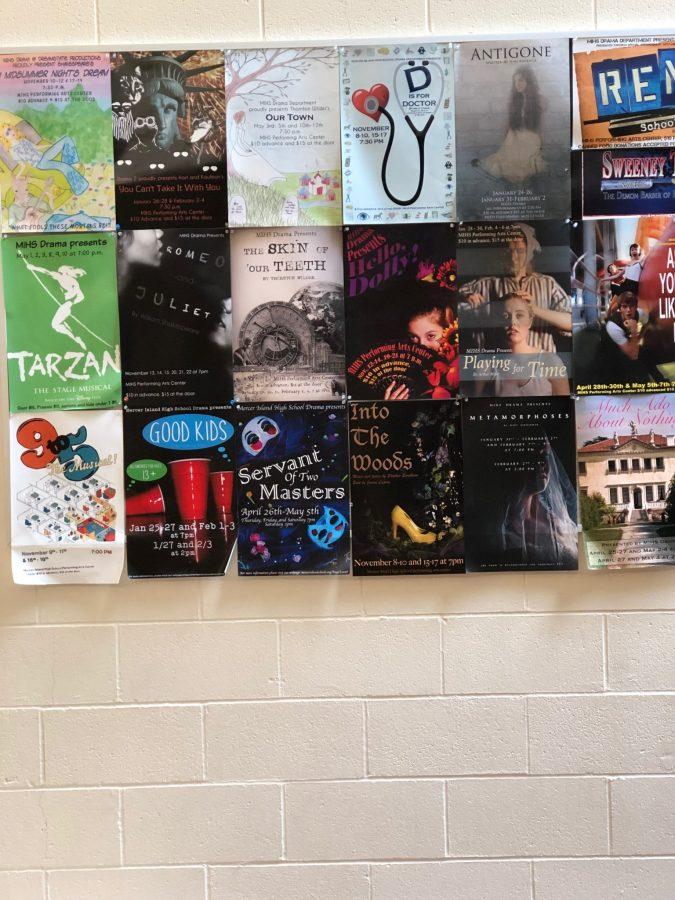






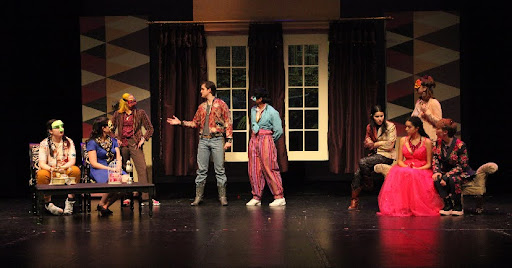
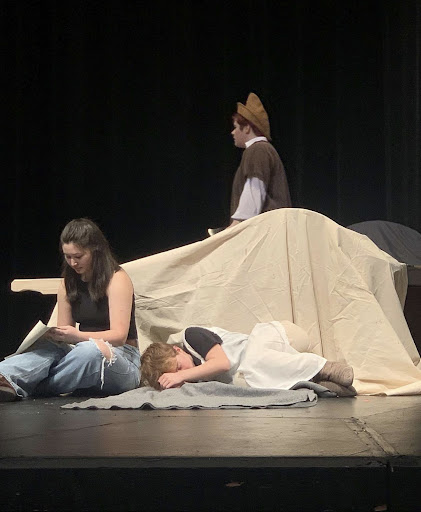
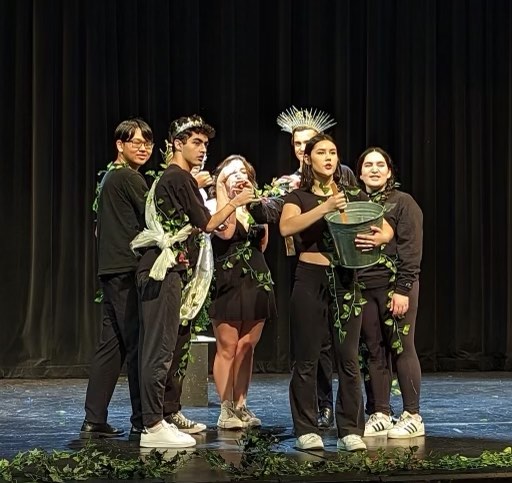
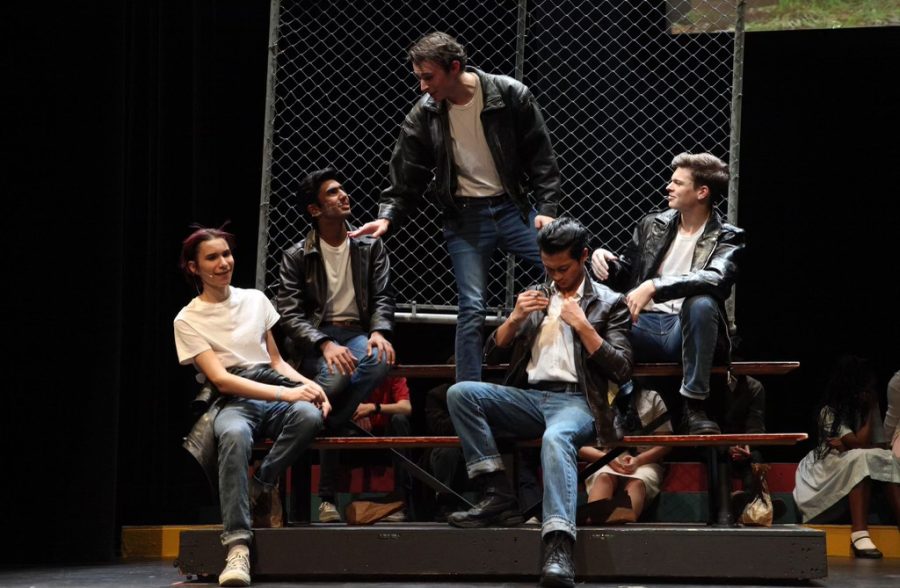
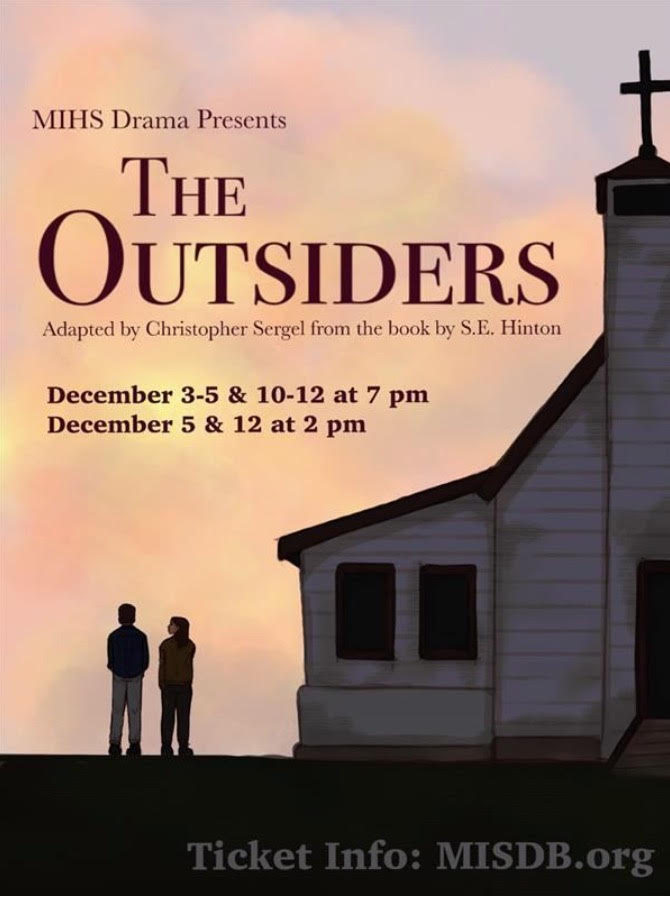
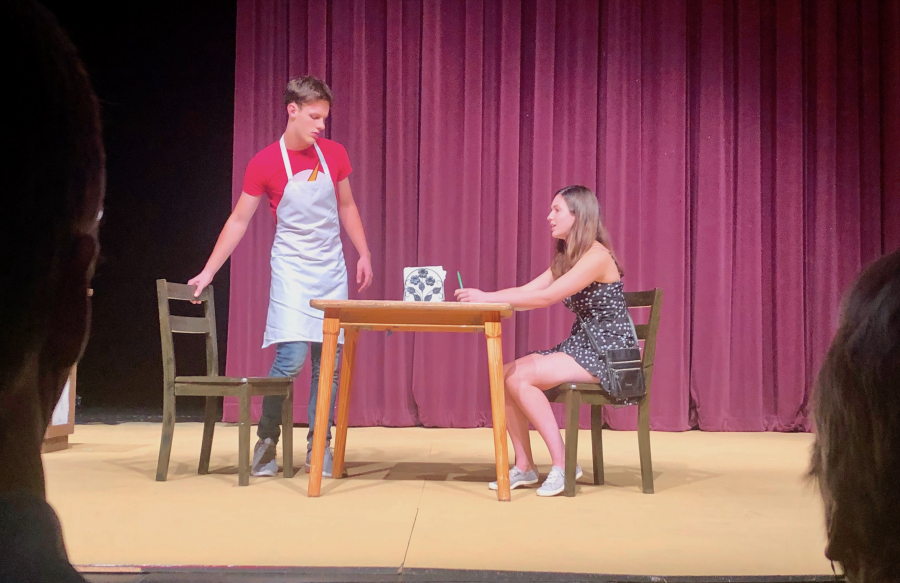






al capone movies • Jun 9, 2020 at 11:37 pm
I have realized some important things through your website post. One other subject I would like to talk about is that there are plenty of games that you can buy which are designed specifically for toddler age children. They involve pattern acknowledgement, colors, wildlife, and patterns. These often focus on familiarization as an alternative to memorization. This helps to keep little ones engaged without having a sensation like they are studying. Thanks
Elin Standridge • Jun 9, 2020 at 8:42 pm
i operate a small computer shop at home and most customers enjoy playing online games;;
Shay Sackos • Jun 4, 2020 at 6:23 pm
I just want to say I’m very new to blogs and really liked your web blog. More than likely I’m likely to bookmark your blog . You absolutely come with beneficial posts. Thank you for revealing your blog.